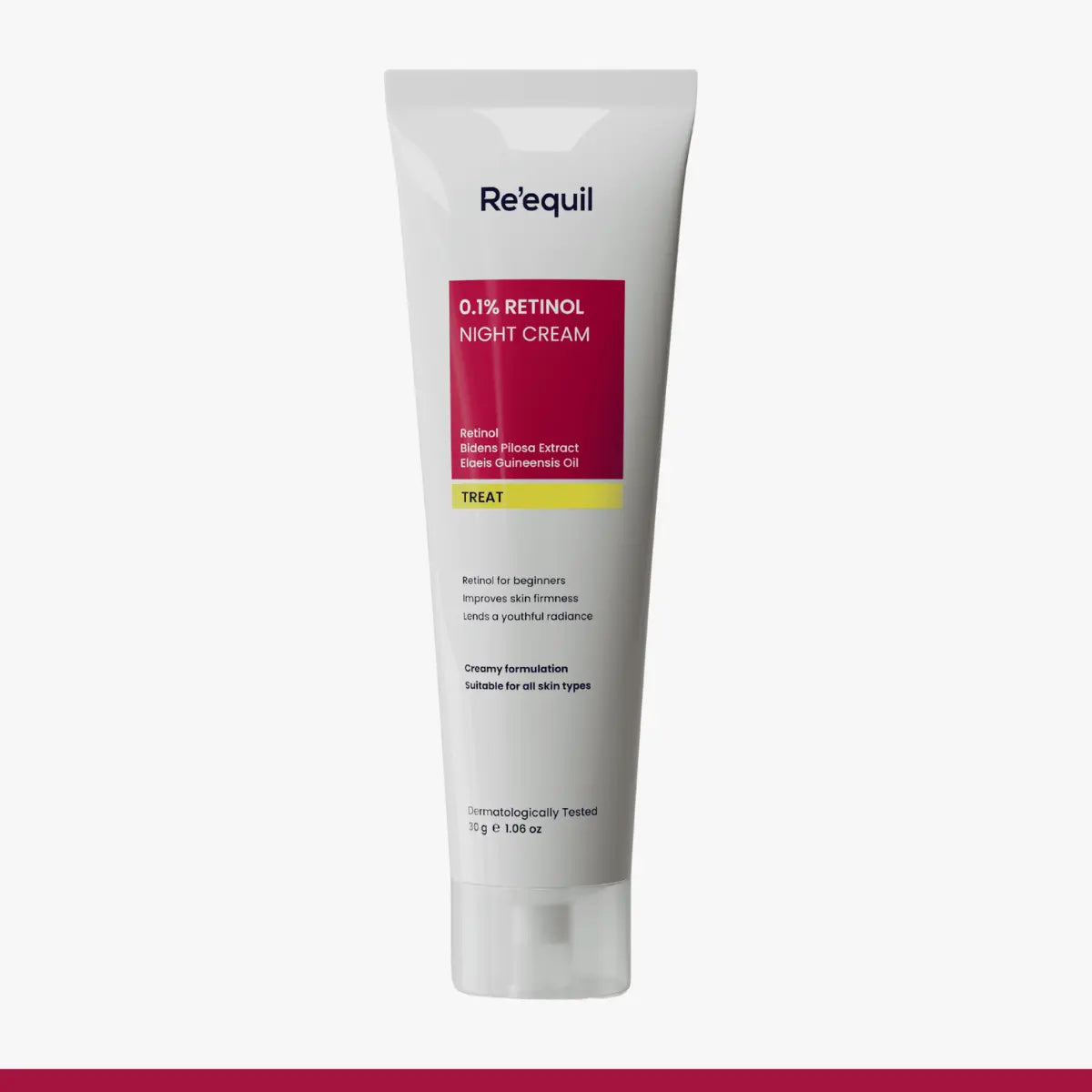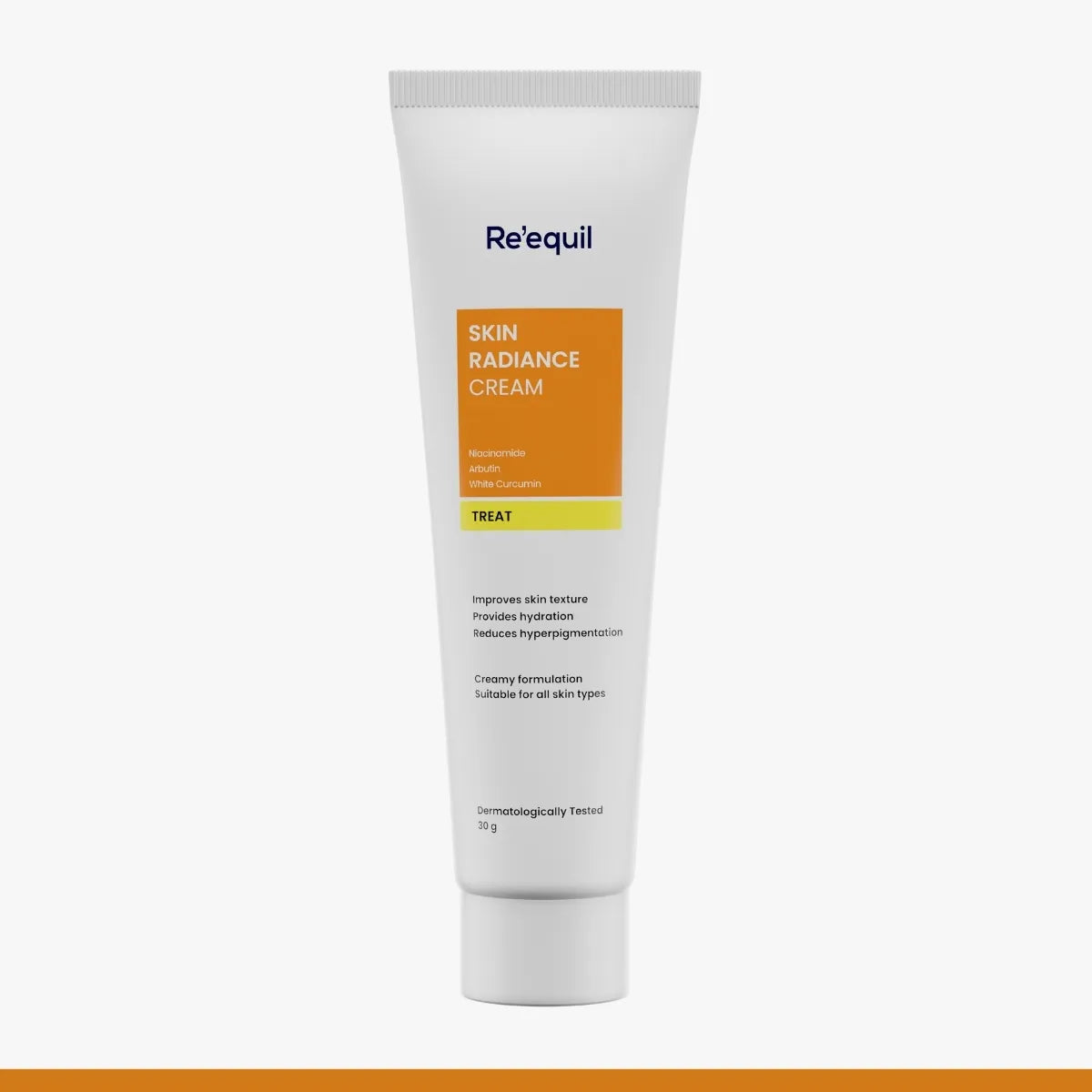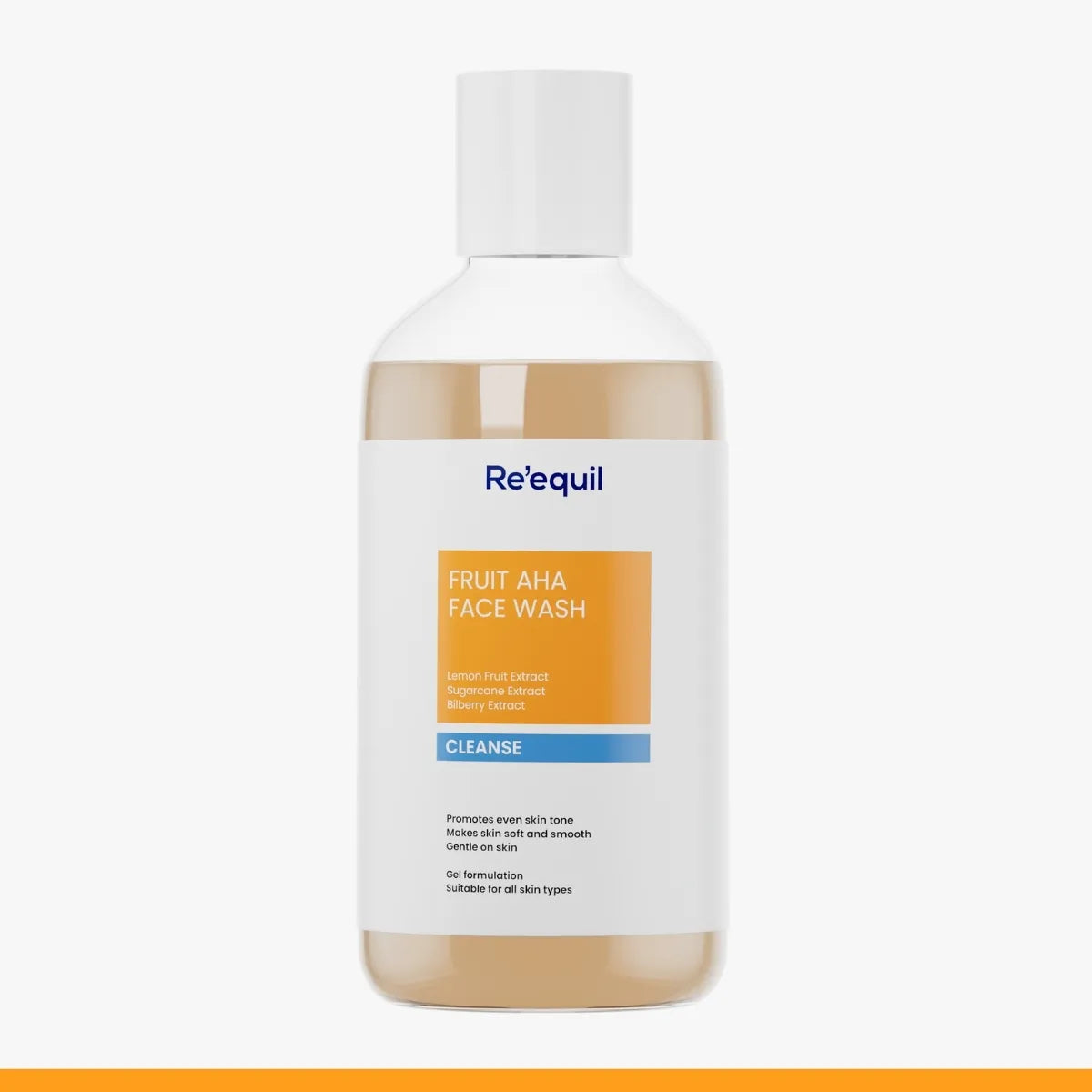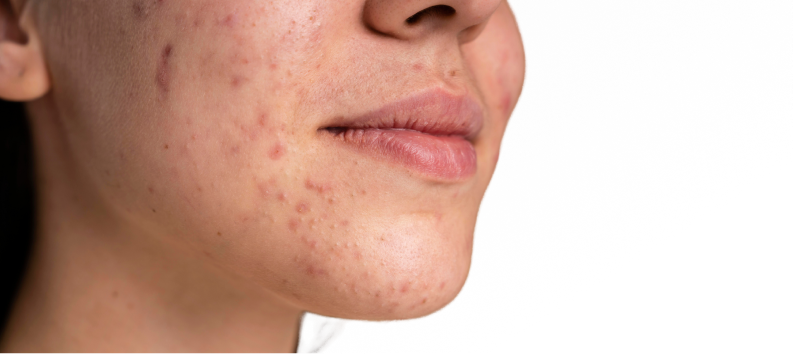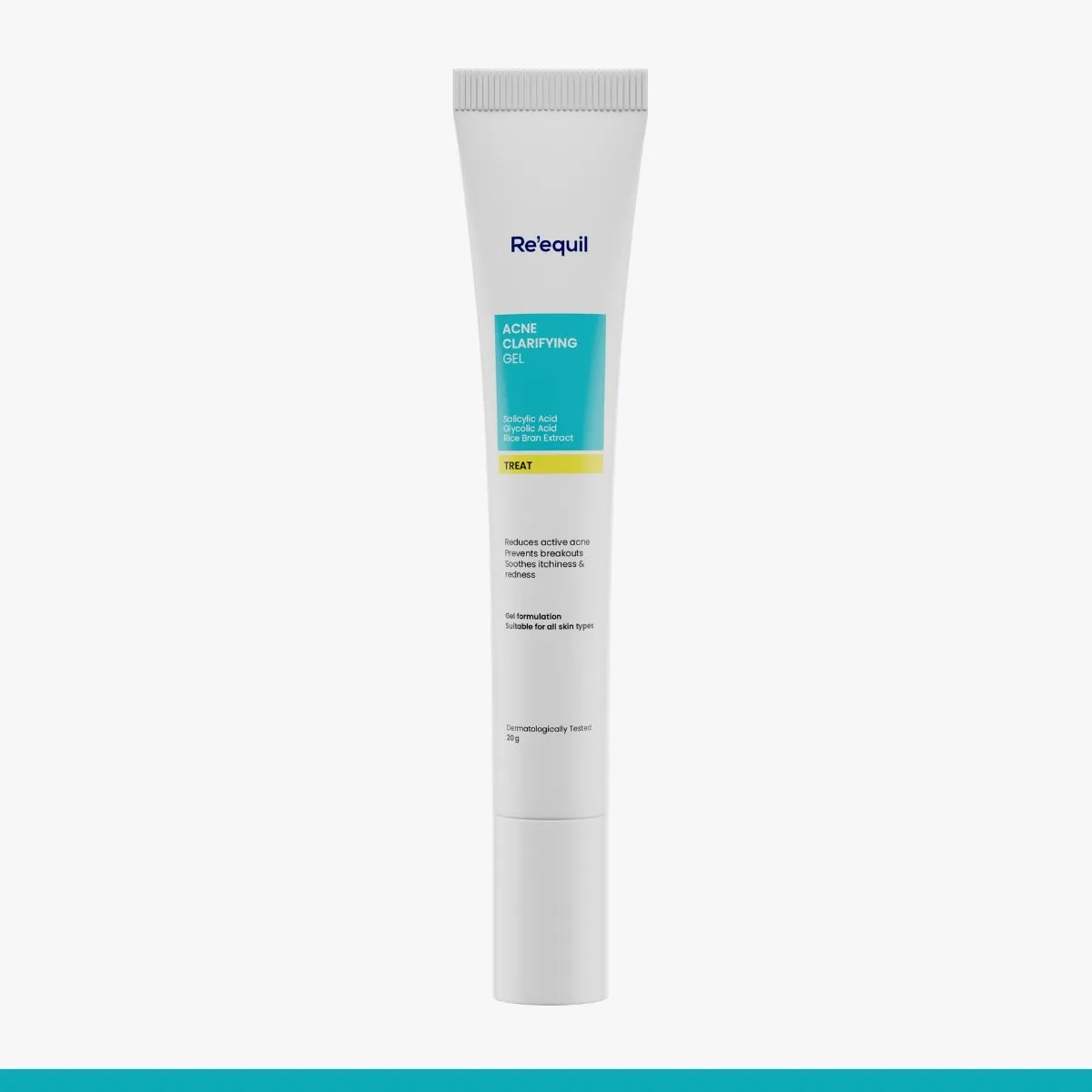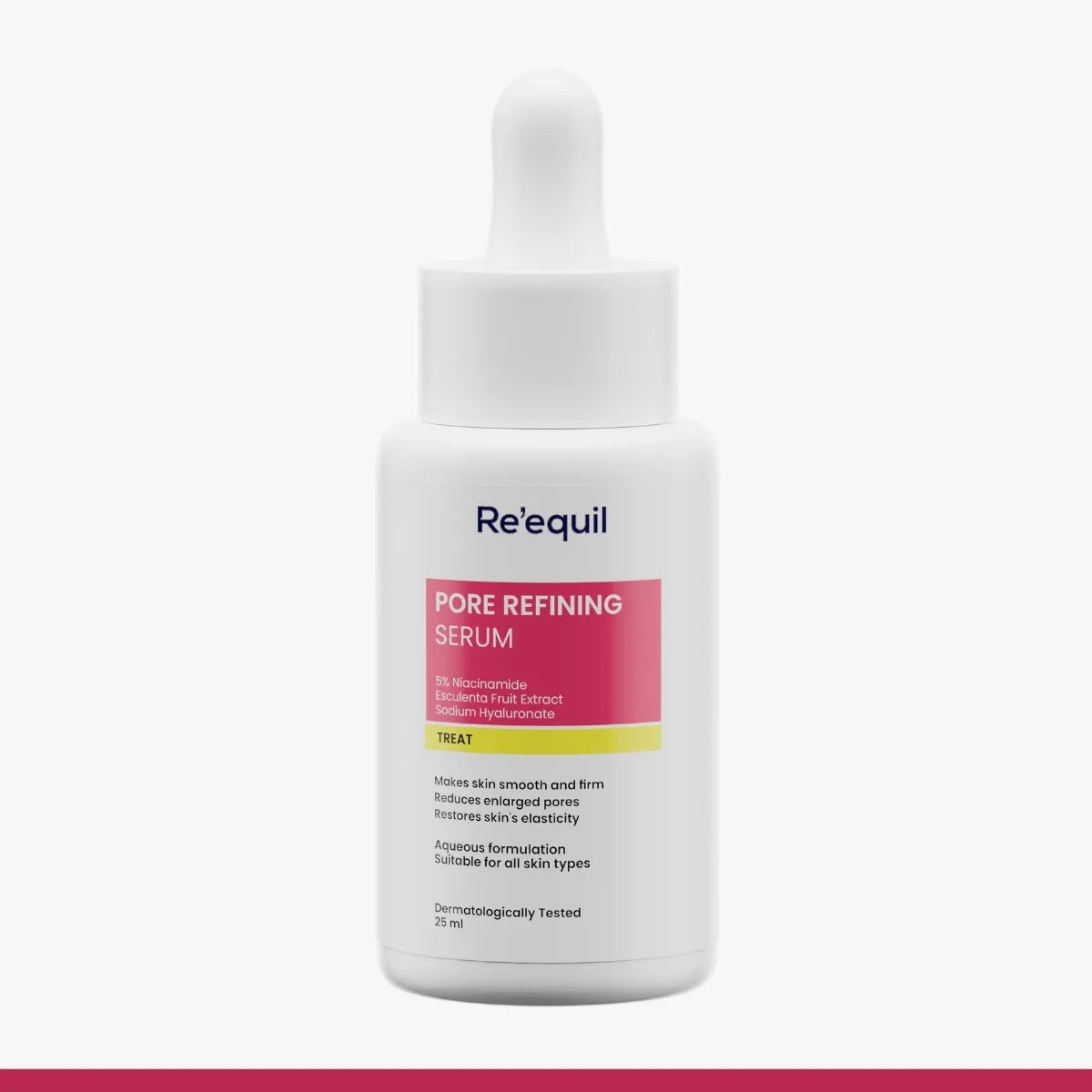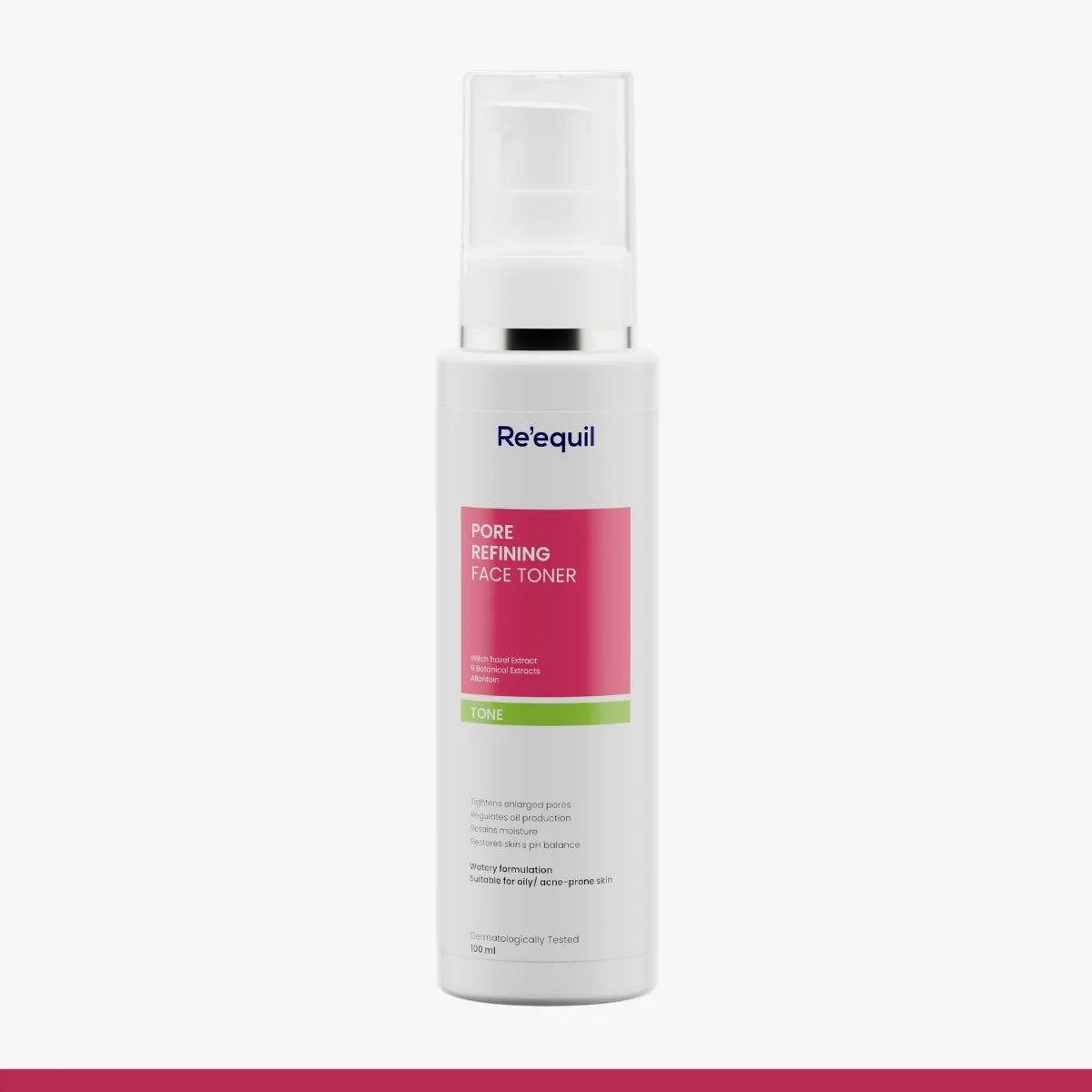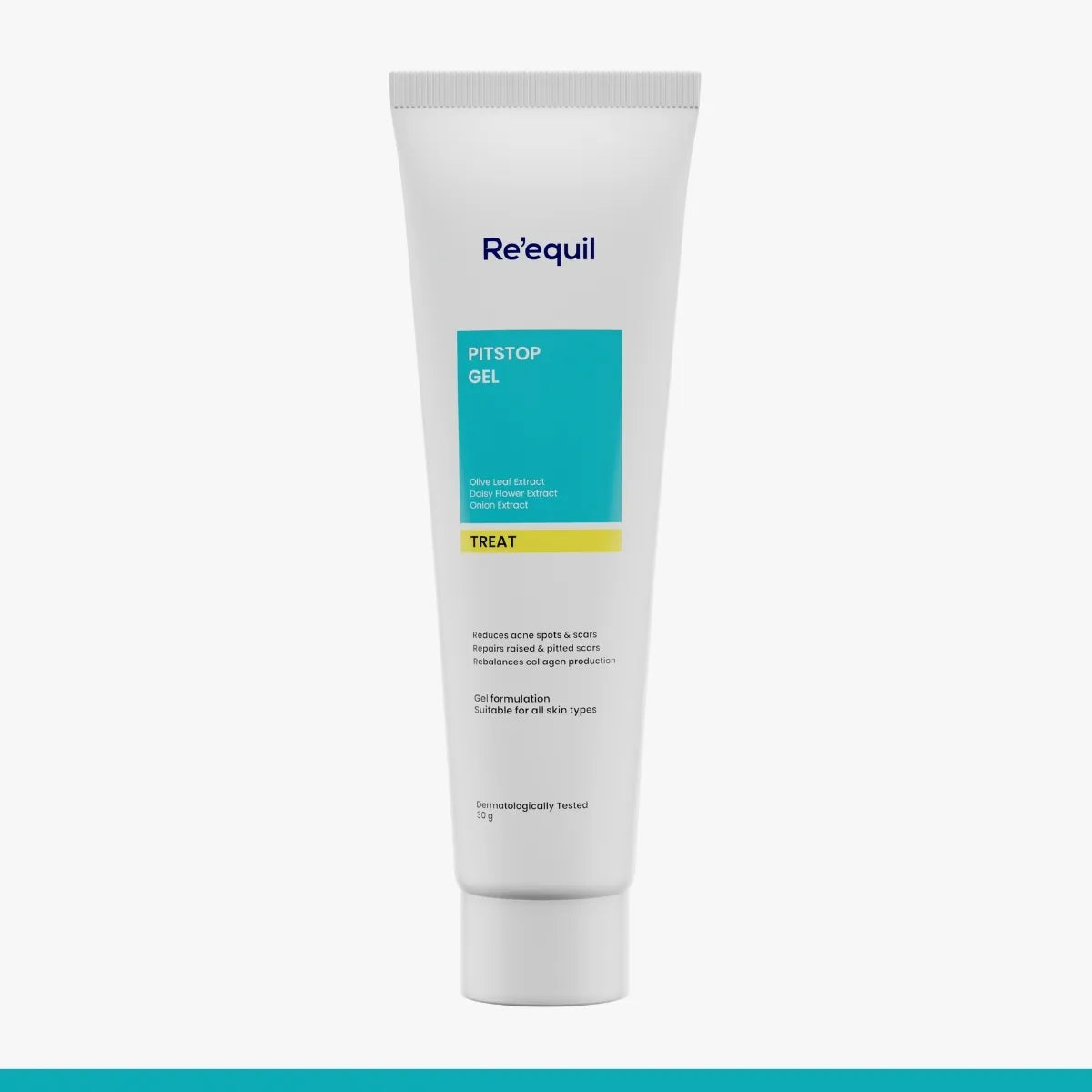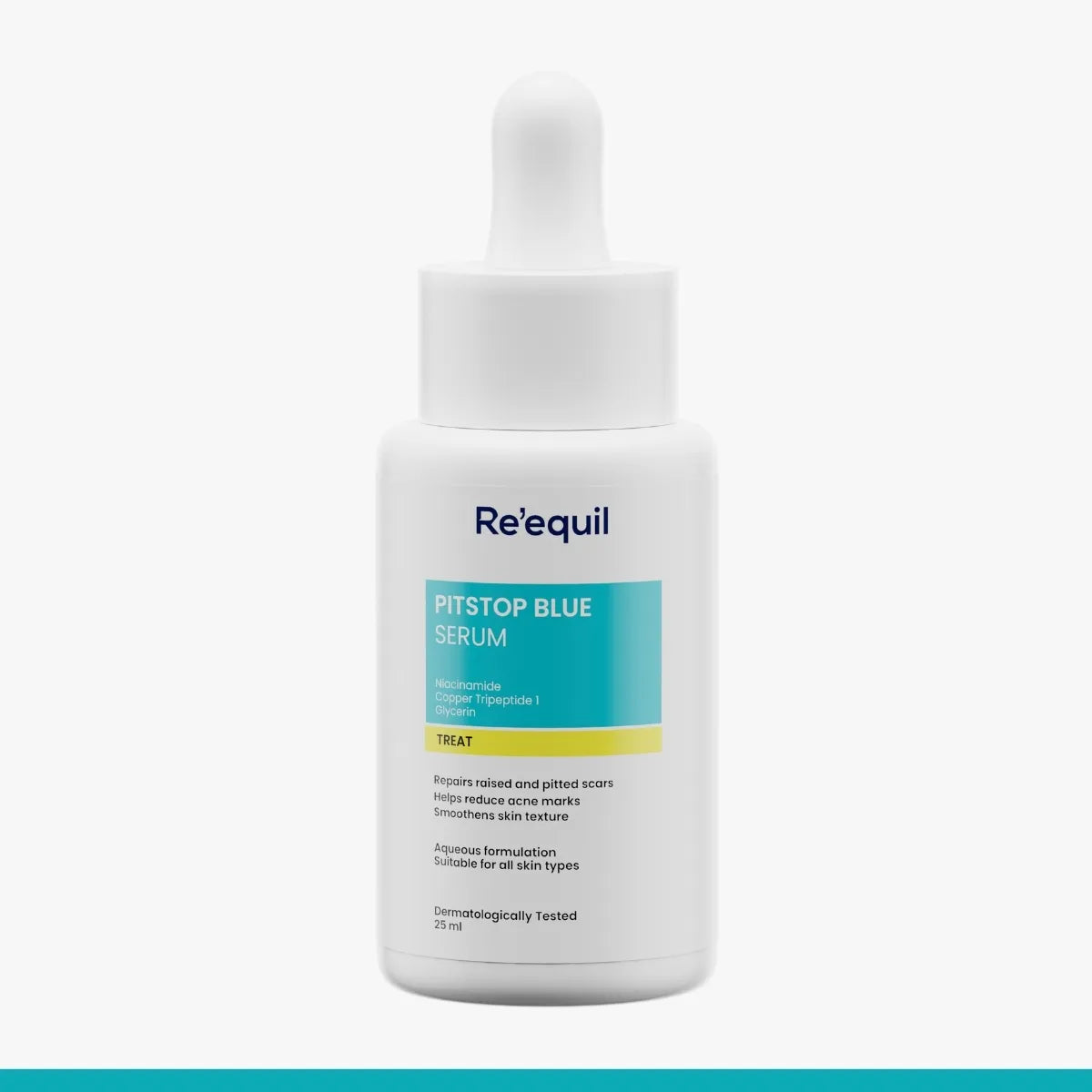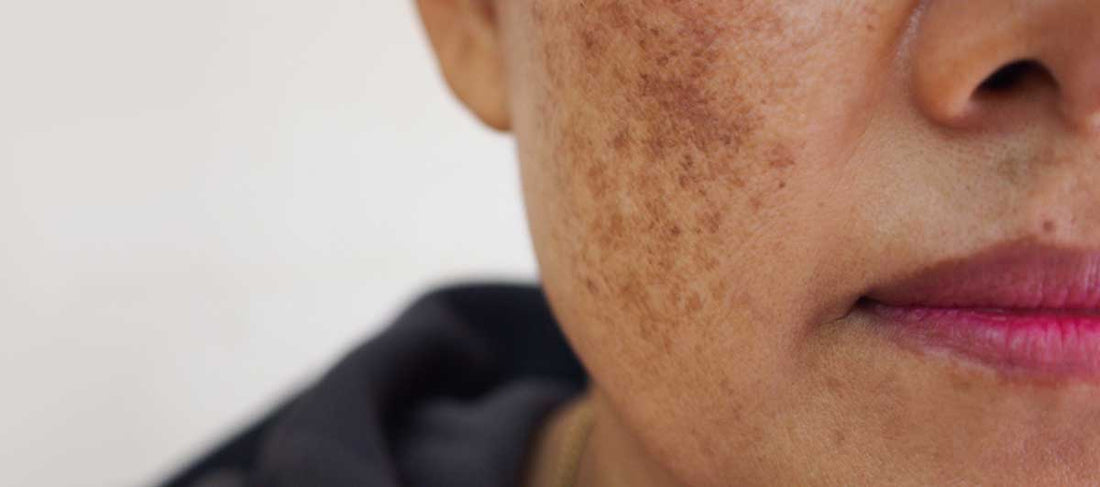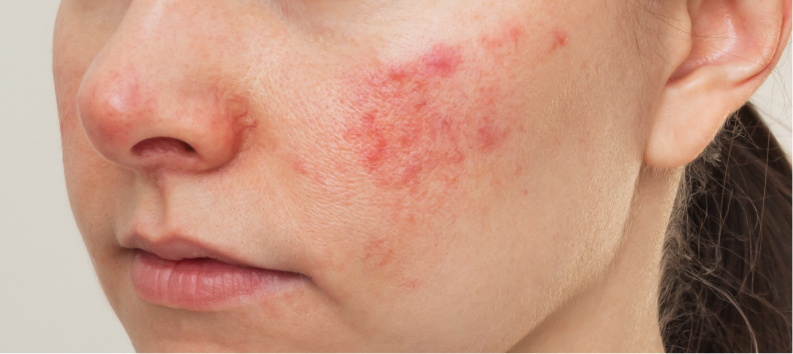That sudden drop in temperature that triggers your body into a ‘fight or flight’ response is definitely not a good feeling—at least not at first.
Cold showers; the word in itself is alarming.
But did you know cold showers have many benefits?
After all, from celebrities to athletes, everyone uses ice baths and cold plunges.
In recent years, we have seen various studies proving that cold showers are effective in reducing inflammation and redness caused by acne.
But there is a catch: cold showers may not clean your face the way you want.
Find out ‘Why’ in this post.
We will also discuss the efficacy of cold showers in treating acne and conclude whether it is worth it to put your body through the shivers.
Do cold showers really reduce acne?
Yes, they do.
But, not how it is portrayed online. Cold showers will not cure your acne all the way.
“The truth is that taking cold showers can reduce swelling, inflammation, and overall redness.”
Cold showers do not address the root cause of acne, which is the clogged pores, bacteria, and cell overactivity.
Instead, cold showers temporarily lessen the discomfort of existing breakouts—in a way that it soothes acne—not cure.
“But cold showers are far better than the hot showers—and there are scientific studies to prove so.”
A 2022 study says that long and continuous exposure to hot water can be harmful to your skin.
The study also suggests that it is advisable to wash your face and hands with cold water, as it prevents itching and scaly skin.
Moreover, a 2020 study examining the factors influencing acne, says hot temperature is a risk factor for acne.
The catch is that…
…cold water tightens your pores, so it may not allow bacteria and debris (like sweat) to get out of your pores easily.
Therefore, the best course of action is to wash your face with lukewarm water first to remove any debris or bacteria. Then, you can wash your face with cold water to tighten your pores.
What are the Benefits of Cold Shower for Acne?
There is no denying the fact that cold showers do have numerous benefits for your skin.
Dermatologists suggest that -
Since cold showers tighten blood vessels, they reduce puffiness and redness on your skin.
When the blood vessels on your stratum corneum are tight, the blood flow to your deeper tissues increases. As a result, your skin will be healthier and brighter.
Other than this, the effectiveness of cold showers in treating the underlying cause of acne is not sufficiently supported by scientific research.
But, there are other benefits of cold showers such as reduced mental stress, relaxing sensation, increased metabolism, and many more.
Coming to a conclusion
First of all, washing your face with cold water is a better approach than hot water.
But don’t expect cold water to cure your acne completely, although it can help with redness and inflammation caused by acne.
